Swiss students, politicians work towards university access for refugees
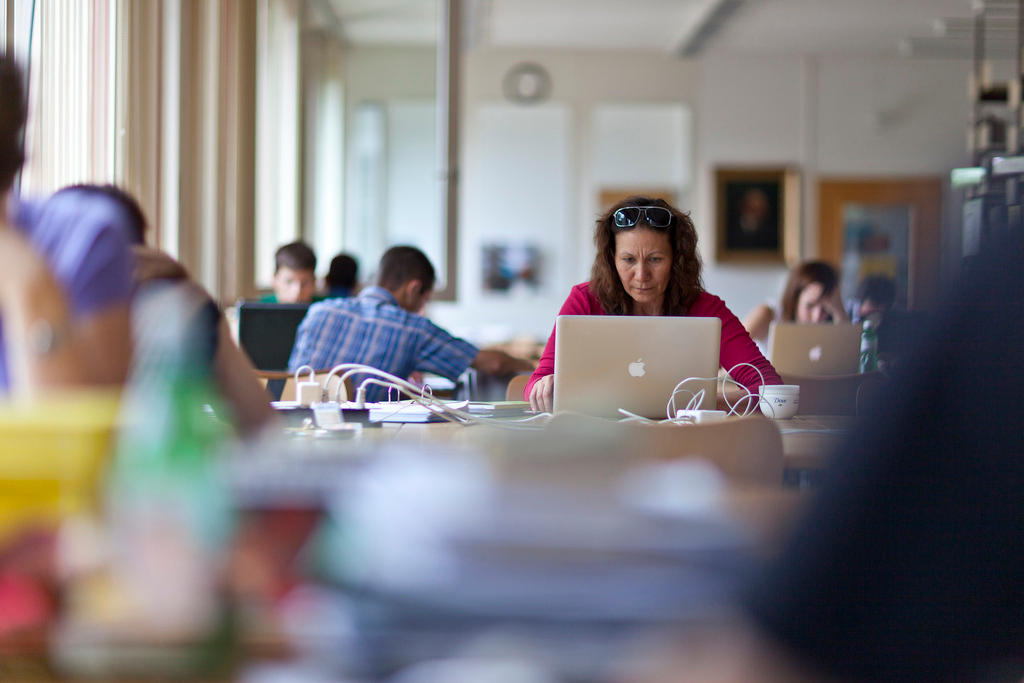
Lack of information and money are keeping qualified refugees in Switzerland from studying at universities and launching careers. So says the Swiss Students’ Association, which has created a new information portal for refugee students.
The organisation is also working with lawmakers to commit more funds to refugee education access.
Omar Aljundi came to Switzerland from Syria in 2013 as a war refugee. He was halfway through a bachelor’s degree programme in engineering when he left his home country, so he was keen to continue studying in his new home.
In Switzerland, he was sent to live in the French-speaking canton of Neuchâtel, where he quickly began learning the local language. At the same time, he was trying to gather information about all the requirements he needed to meet to apply to university and start his degree again on Swiss soil – a process that ended up taking him two years. He says he often didn’t know where to turn and almost gave up.
“Understanding how the system works cuts down on the time it takes to get somewhere and helps with motivation,” Aljundi says.
That’s what the Swiss Students’ Association tried to achieve when it created its new website, perspektiven-studium.chExternal link. The association plans to translate the content, currently available in German, into English and French as soon as possible. Potential refugee students can learn about entry requirements, finances, the Swiss education system and languages on the site, which gives specific information on the differing situations in the country’s 26 cantons and its dozens of higher education institutions. It’s the first nationwide information portal of its kind.
So far, support for refugees wanting to study at Swiss universities has involved “trial semesters” where they can temporarily experience what studying in Switzerland is like. A refugee from Zimbabwe taking part in such a trial semester at the University of Zurich explained last year how student life in his country is vastly different from in Switzerland.
‘Wrong’ canton makes for a harder path
“We found that two-thirds of refugees wanting to find information on studying in Switzerland are only able to do so with help, partially or not at all,” said Martina von Arx, project leader for the new website. “It can be especially difficult if you happen to be in the wrong canton.”
Switzerland’s asylum system functions by distributing asylum seekers and funding from the federal level to each of the country’s 26 cantons, all of which have slightly different procedures when it comes to issues like language instruction, social aid and information access. A recent study from the Federal Institute of Technology ETH Zurich and Stanford University showed that matching refugees to jobs via a data algorithm instead of the current canton-based system could increase their employment rate within three years from the current 15% to 26%.
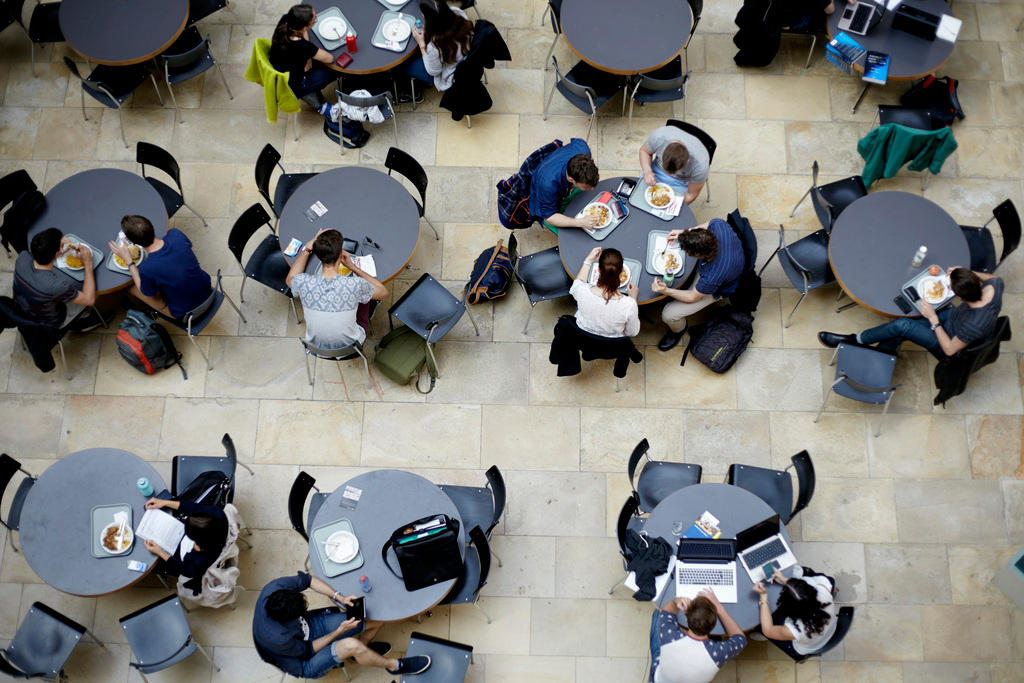
More
Pursuing a degree after fleeing to Switzerland
“Having more refugees employed can ease the financial burden on the Swiss government, cantons and municipalities,” argued Dominik Hangartner, a co-author of the study from the ETH Zurich.
Evaluating potential, and paying for it
Parliamentarian Rosmarie Quadranti of the centre-right Conservative Democrats also thinks more can be done to ensure access to the education system and labour market for refugees.
“Switzerland offers lots of opportunities for people to realise their potential, but we make it harder for [that population],” she said.
Quadranti recently introduced a motion calling on the Swiss government to evaluate possible education and career paths for admitted asylum seekers immediately after the asylum decision. She also called on the government to provide adequate funding to the cantons for such an initiative.
The Federal Council said it agreed with Quadranti’s ideas but ultimately rejected the motion, saying it wanted to wait for the results of the government’s formal integration strategy.
The Swiss Students’ Association, backed by Quadranti and other lawmakers, plans to push the issue of refugee education in the upcoming spring parliamentary session, when parliament is due to give its own opinion on the motion.
“There’s a lot of work left to be done,” Quadranti says, arguing that government action to this point has been “too slow”.
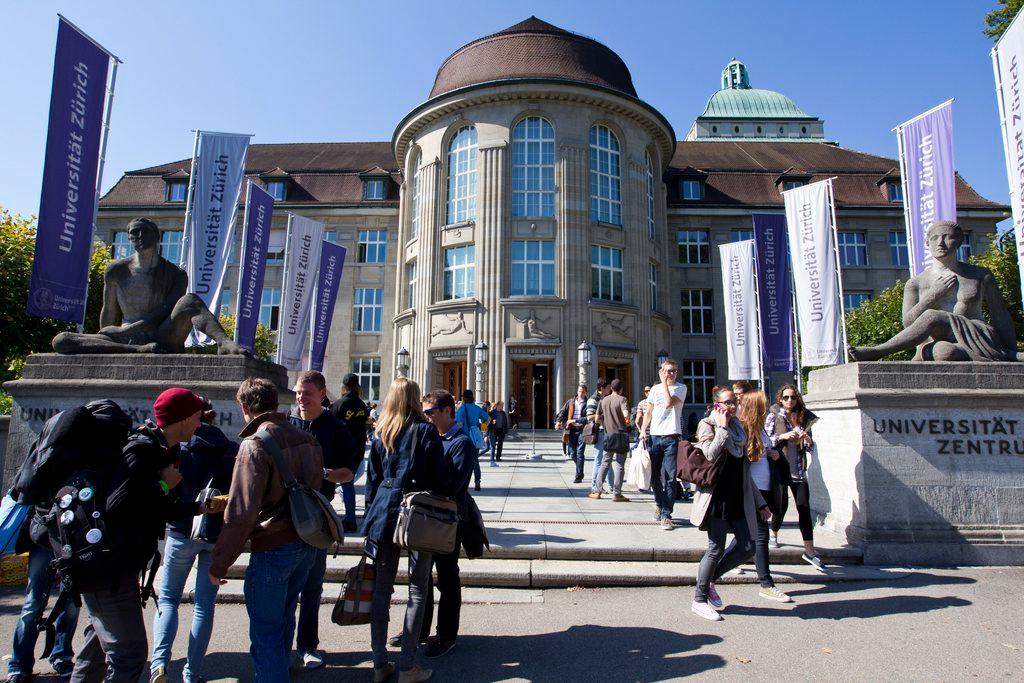
More
Refugees get a taste of Swiss university life

In compliance with the JTI standards
More: SWI swissinfo.ch certified by the Journalism Trust Initiative

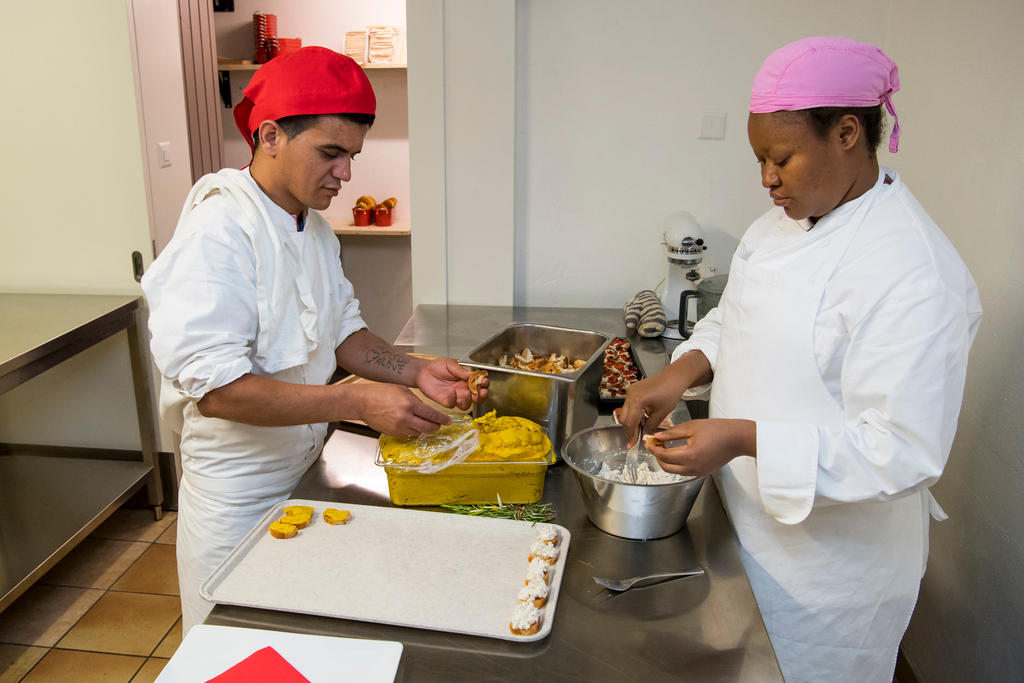
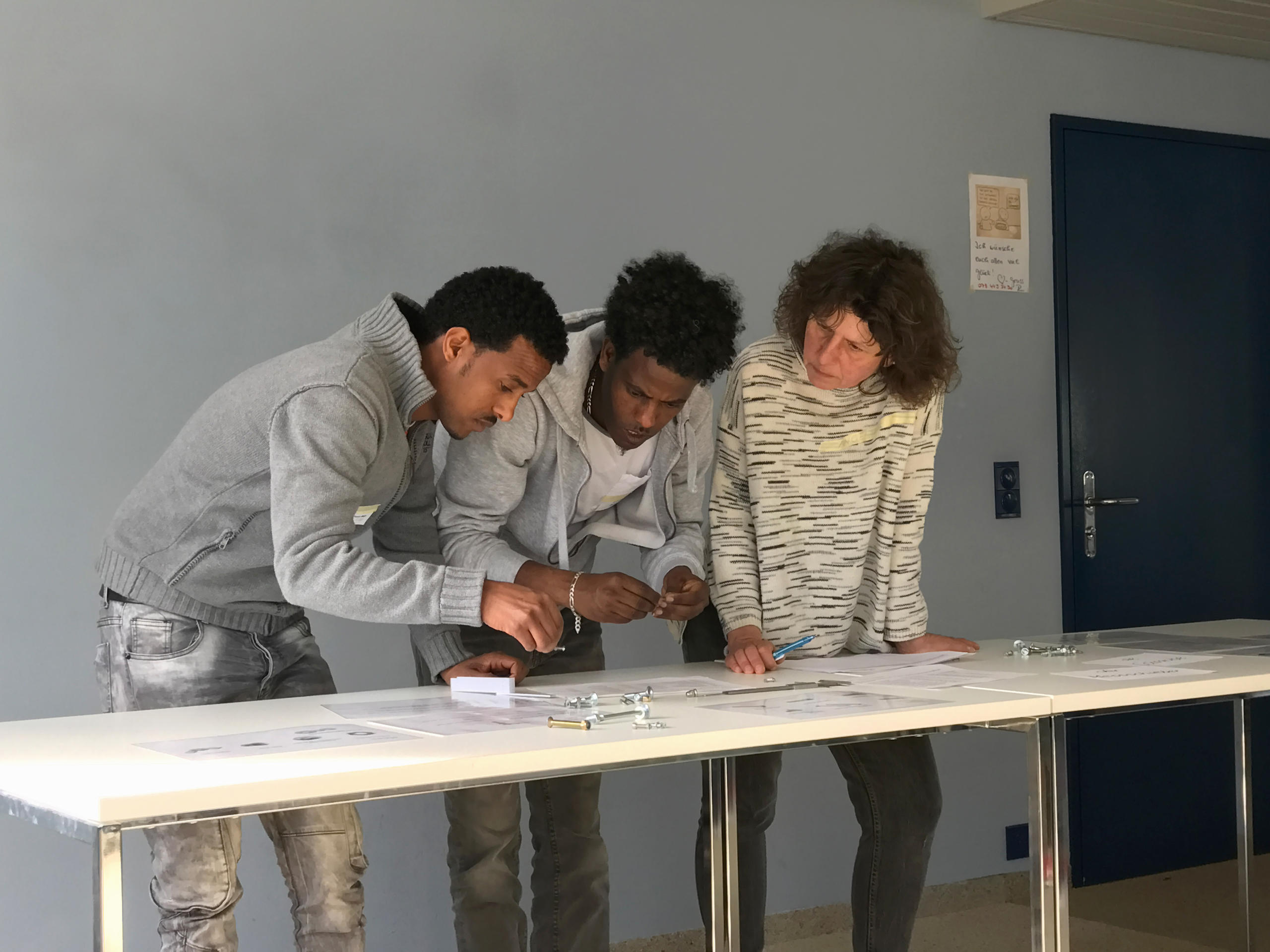
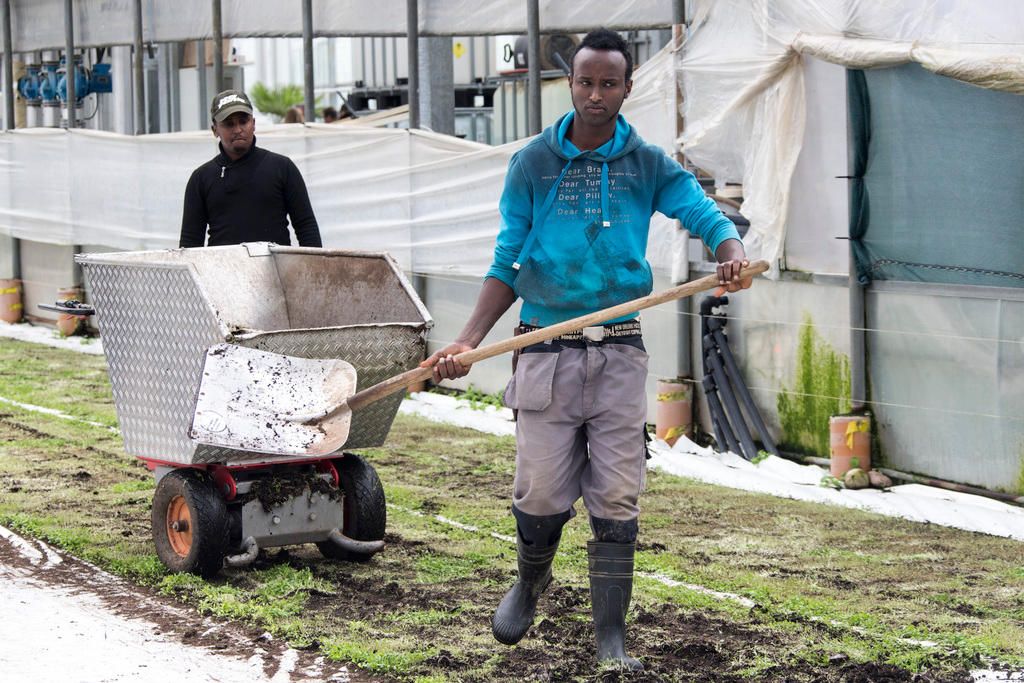
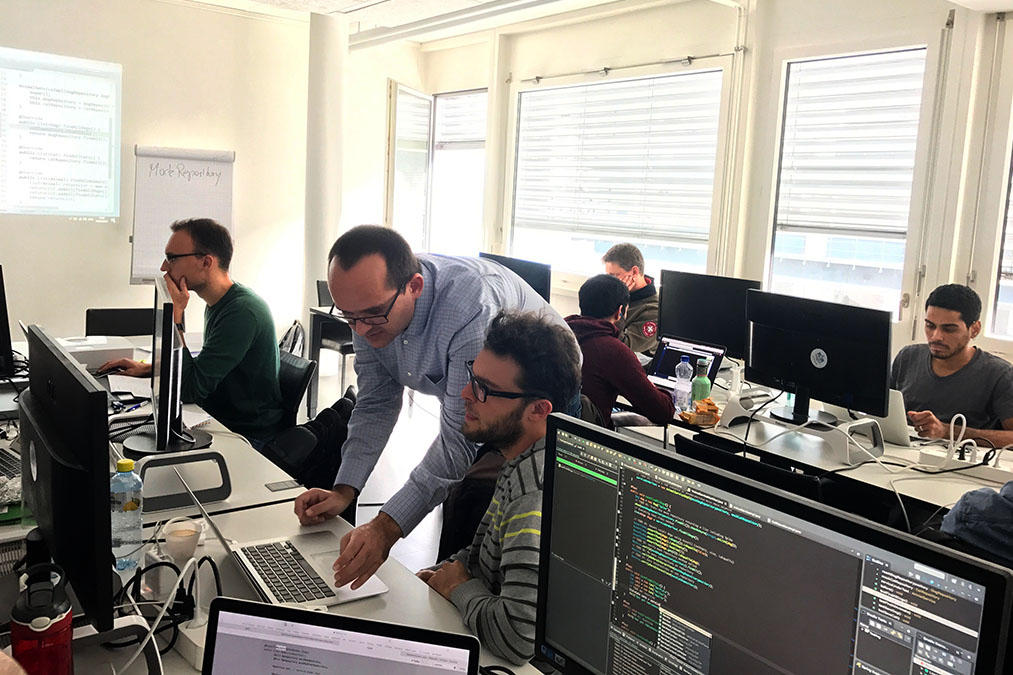
You can find an overview of ongoing debates with our journalists here. Please join us!
If you want to start a conversation about a topic raised in this article or want to report factual errors, email us at english@swissinfo.ch.